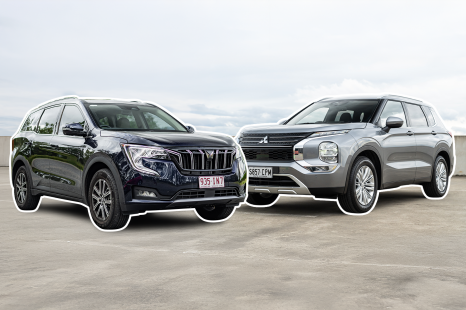

Andrew Maclean
4 Days Ago
Australia's new car market showing signs of recovery. SUVs take half the market total, while HiLux and Ranger top the charts. And watch out establishment, Chinese brands are booming.

Senior Contributor
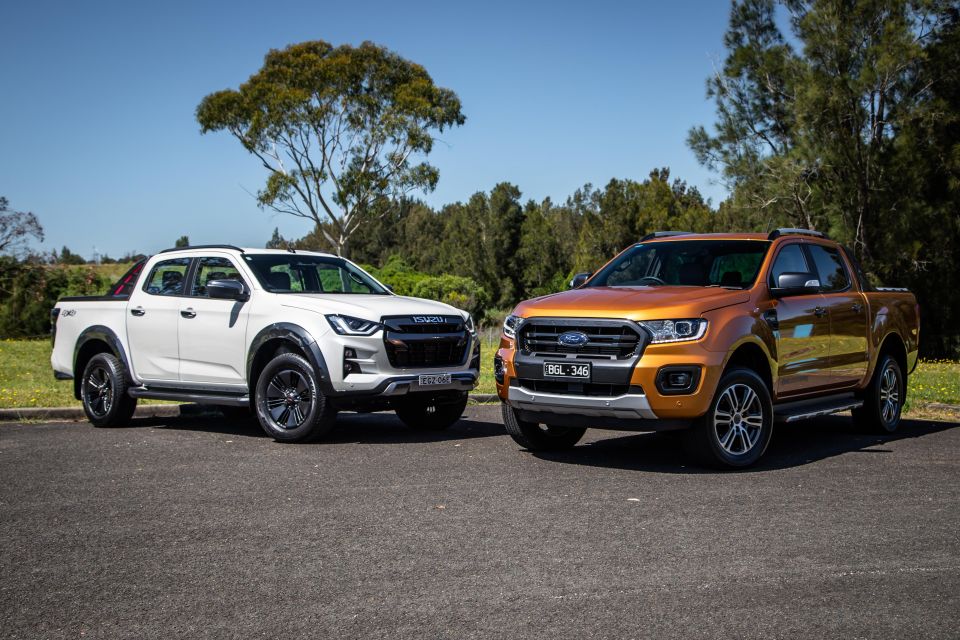

Senior Contributor
Sales of new vehicles in Australia declined by 1.5 per cent in October to 81,220 units, compared to the same month in 2019.
But considering sales year-to-date (YTD) are down 18.8 per cent to 726,111 vehicles, it’s clear that this is a much better result than we’ve been seeing during the rest of the COVID-19 crisis.
Sales remained low in lockdown-affected Victoria (down 28.3 per cent), as well as Tasmania (down 16.1 per cent). But for most of Australia, the market is recovering strongly.
The Australian Capital Territory (up 28.1 per cent), New South Wales (up 6.2 per cent), the Northern Territory (up 27.7 per cent), Queensland (up 11.7 per cent), South Australia (up 14.5 per cent), and Western Australia (up 17 per cent) went in a positive direction.
“The green shoots that we are seeing in October give us great hope that we may begin to see further recovery during the coming months,” said Federal Chamber of Automotive Industries (FCAI) CEO Tony Weber.
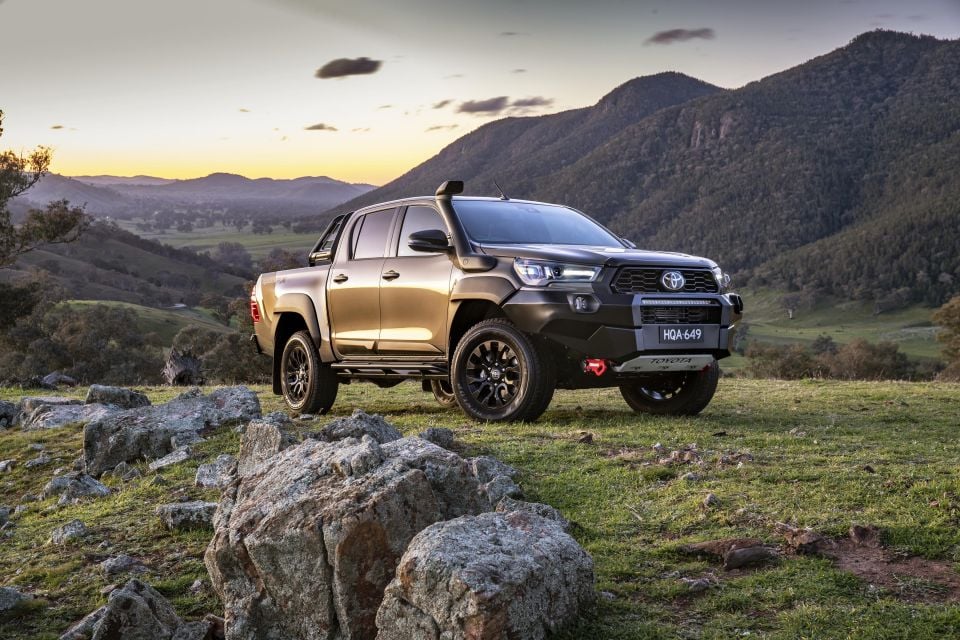
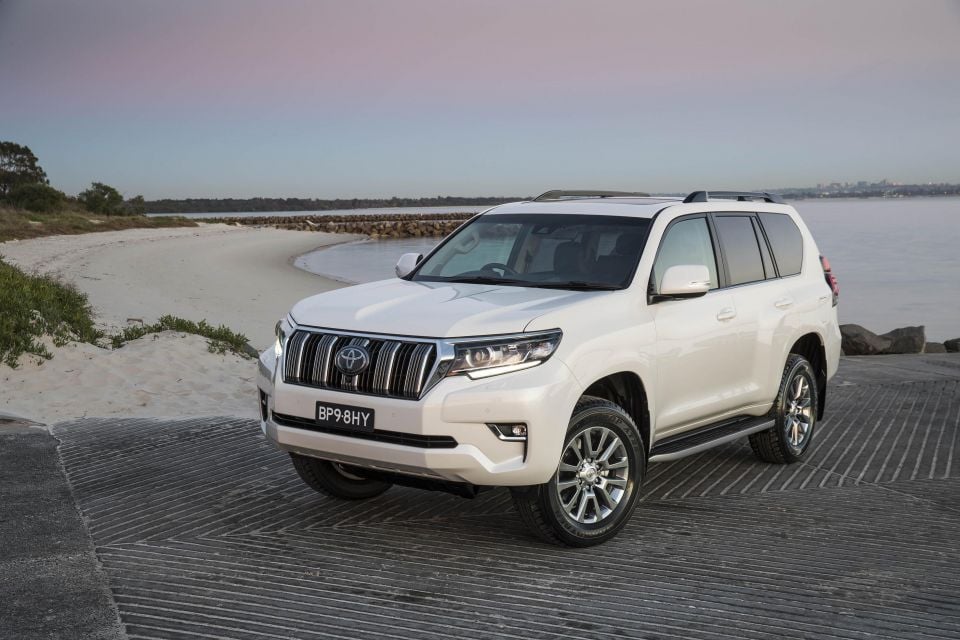
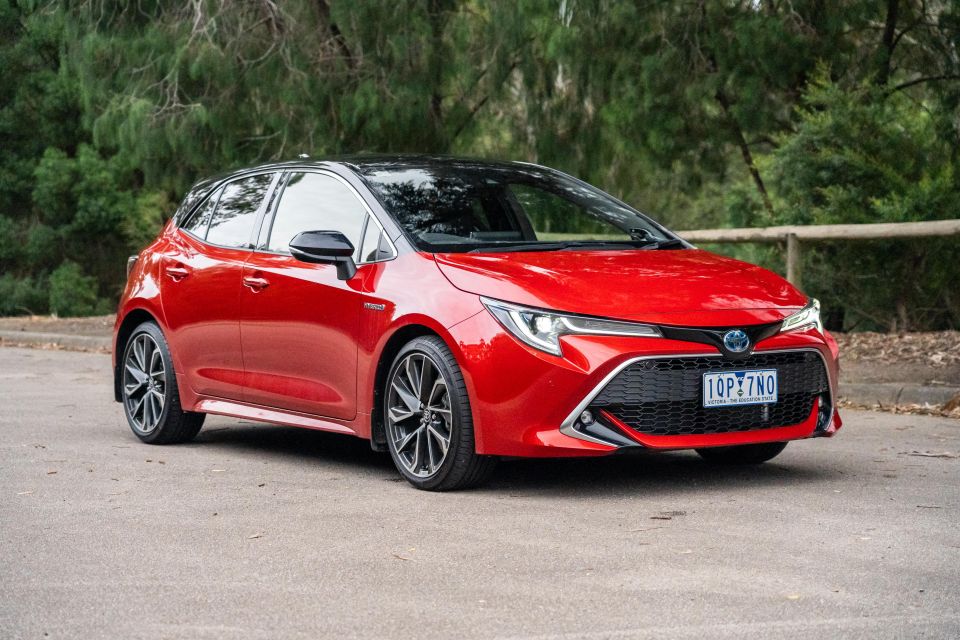
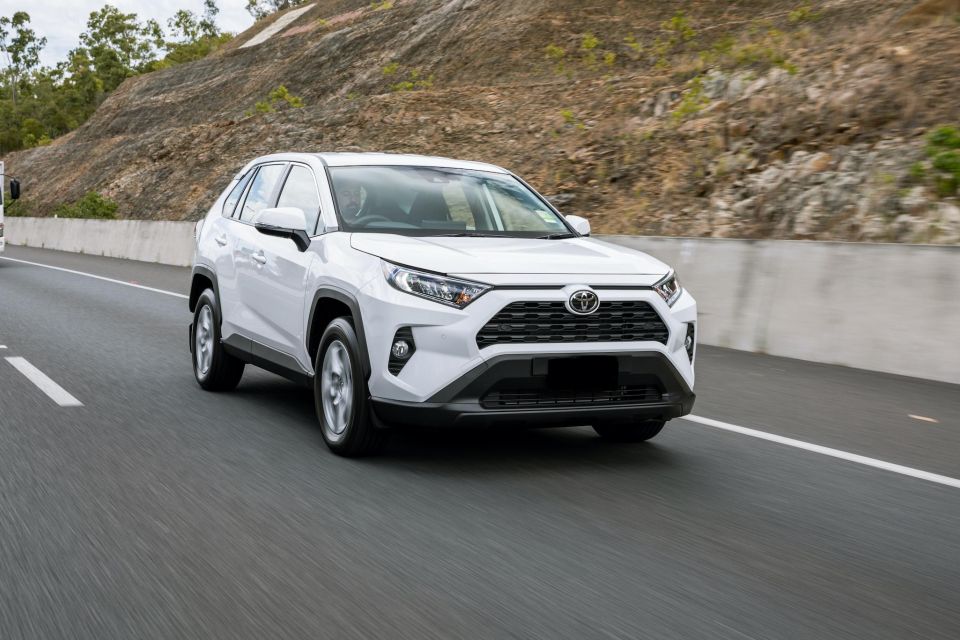
Key points:
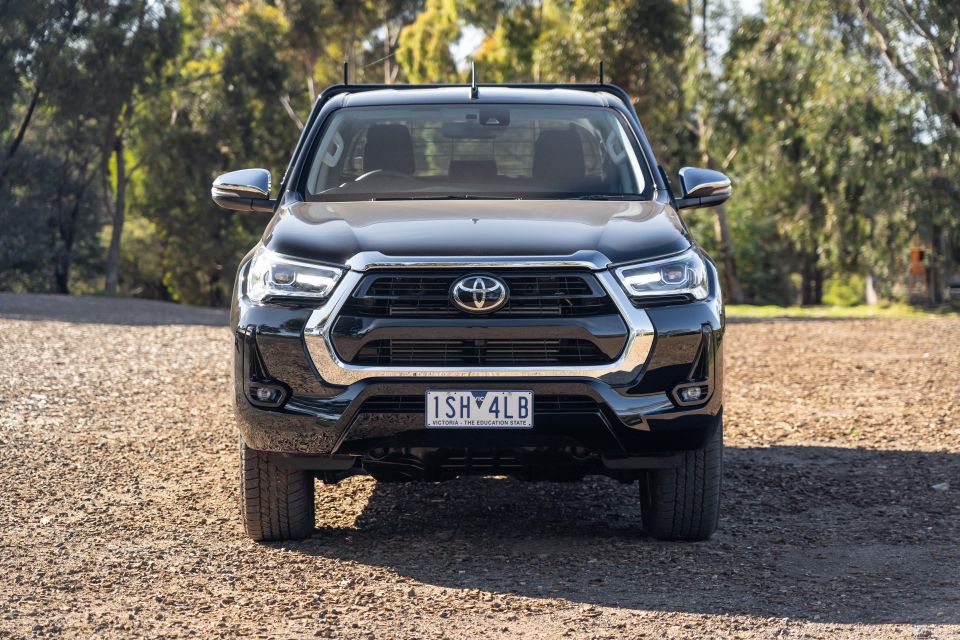
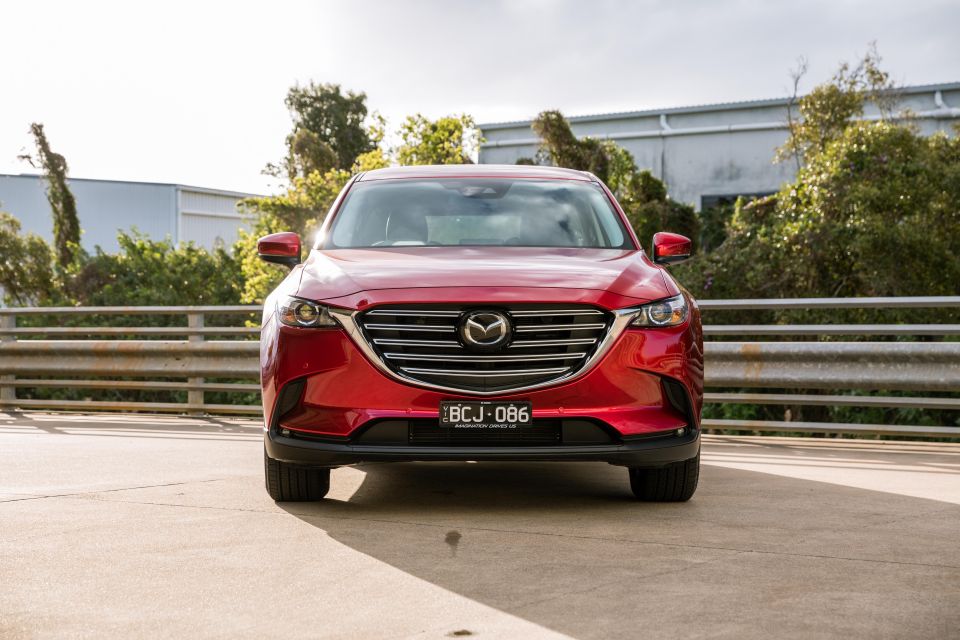
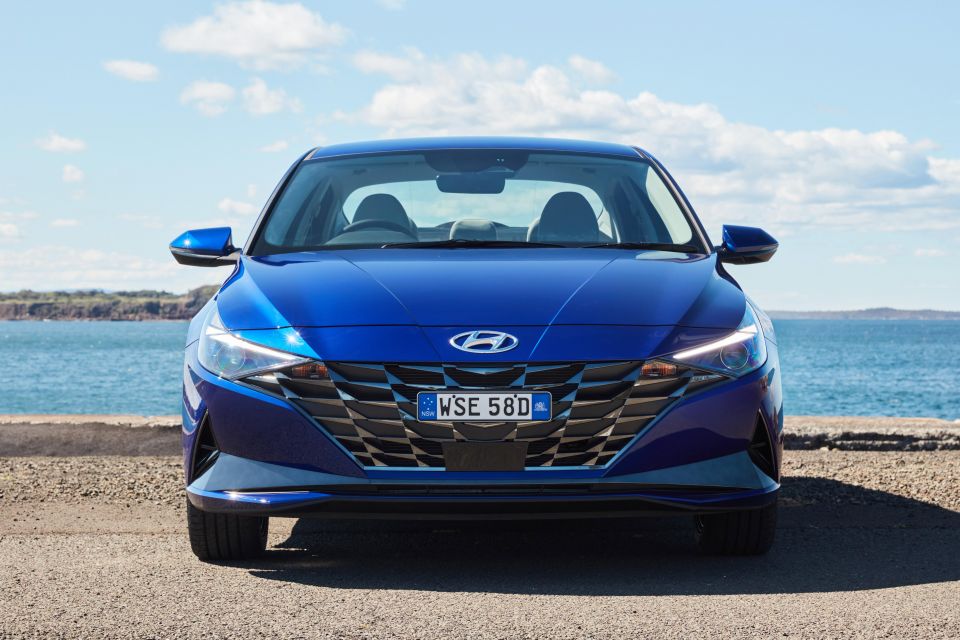
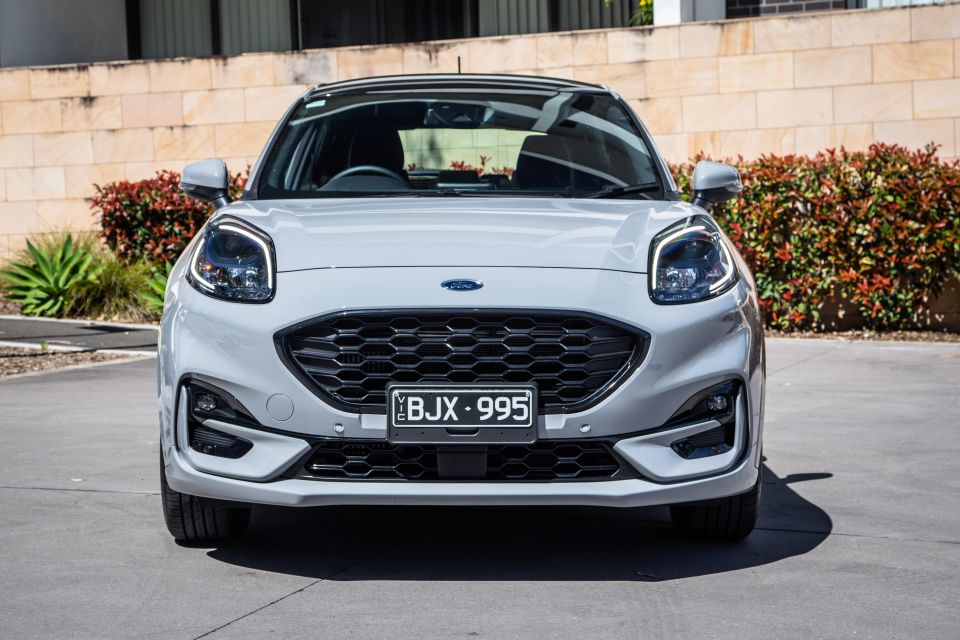
Toyota dominated, growing its monthly sales over October 2019 by nearly 15 per cent to 19,505. In doing so, it captured a remarkable 24 per cent total market share – thanks to big yields from the RAV4, Prado, LandCruiser, and HiLux.
Mazda finished second and grew its sales by an impressive 17.1 per cent, though its volume was barely a third of Toyota’s. Hyundai kept third place despite a 20.2 per cent sales decline – though we’d caveat this by saying it’s gearing up for an enormous rollout of new and updated models, and a lag beforehand is expected.
Other large-volume manufacturers that grew their sales included Ford (up 17.4 per cent), Kia (up 4.8 per cent), Isuzu Ute (up 15.7 per cent thanks to the new D-Max , demand for which is exceeding supply), BMW (up 3.2 per cent), Audi (up 18.9 per cent), Skoda (up 14.8 per cent), Jeep (up an impressive 40.7 per cent), and Porsche (up 32.7 per cent).
Furthermore, sales of vehicles from China in October were 3383, up 111.2 per cent (so, more than double). Chinese brands include MG (1680 sales, up 120 per cent), LDV (1117, up 123 per cent), Haval (291 sales, up 48 per cent) and Great Wall (127, down 1.6 per cent, but set to launch a brand new ute this month).
Brands that battled for the month included Jaguar (down 56 per cent), Citroen (down 50 per cent), Land Rover (down 30.7 per cent), Lexus (down 27.1 per cent), Honda (down 26.4 per cent), Volkswagen (down 26.3 per cent), Subaru (down 12.1 per cent), Nissan (down 11.8 per cent), Mercedes-Benz (down 9.4 per cent), and Mitsubishi (down 6.3 per cent).
Is your brand of choice not listed? Ask in the comments and I’ll get you the figures.
Top 25 brands – October 2020
| Brand | Sales | Change |
|---|---|---|
| Toyota | 19,505 | +14.8% |
| Mazda | 7457 | +17.1% |
| Hyundai | 5951 | -20.2% |
| Ford | 5744 | +17.4% |
| Kia | 5304 | +4.8% |
| Mitsubishi | 4510 | -6.3% |
| Nissan | 3539 | -11.8% |
| Volkswagen | 3112 | -26.3% |
| Mercedes-Benz | 2930 | -9.4% |
| Subaru | 2902 | -12.1% |
| Isuzu Ute | 2252 | +15.7% |
| Honda | 2033 | -26.4% |
| BMW | 1843 | +3.2% |
| MG | 1680 | +119.6% |
| Audi | 1481 | +18.9% |
| Suzuki | 1447 | -1.2% |
| LDV | 1117 | +123.0% |
| Renault | 793 | -3.8% |
| Volvo Car | 703 | +1.2% |
| Lexus | 649 | -27.1% |
| Skoda | 642 | +14.8% |
| Jeep | 553 | +40.7% |
| Land Rover | 383 | -30.7% |
| Porsche | 341 | +32.7% |
| RAM | 293 | -7.0% |
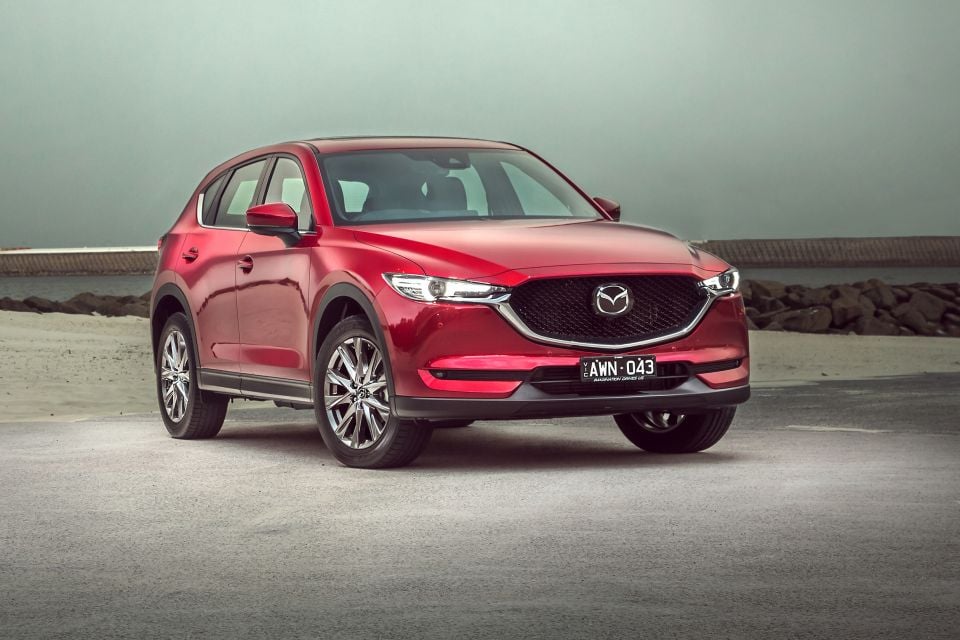
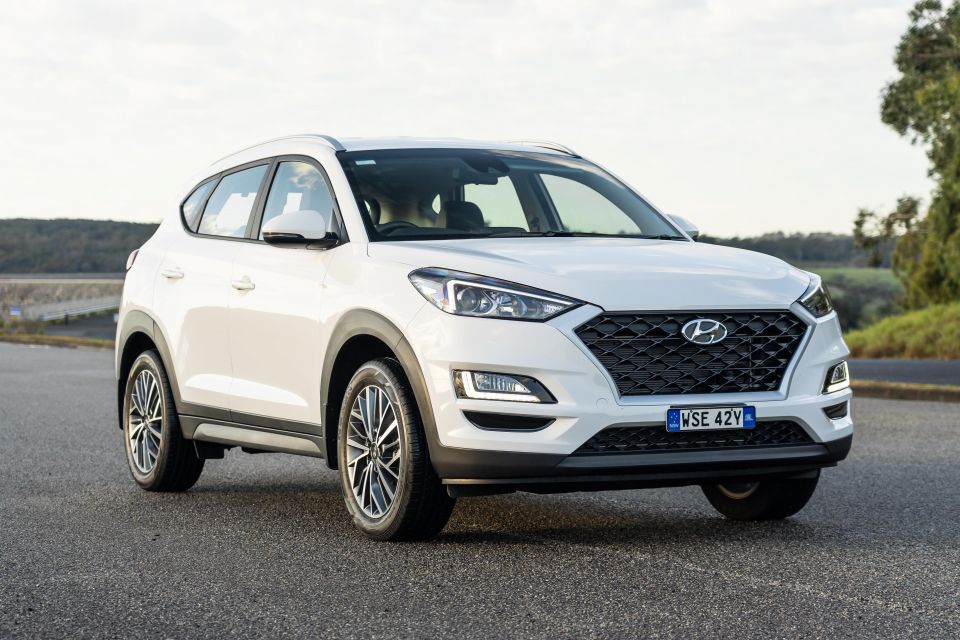
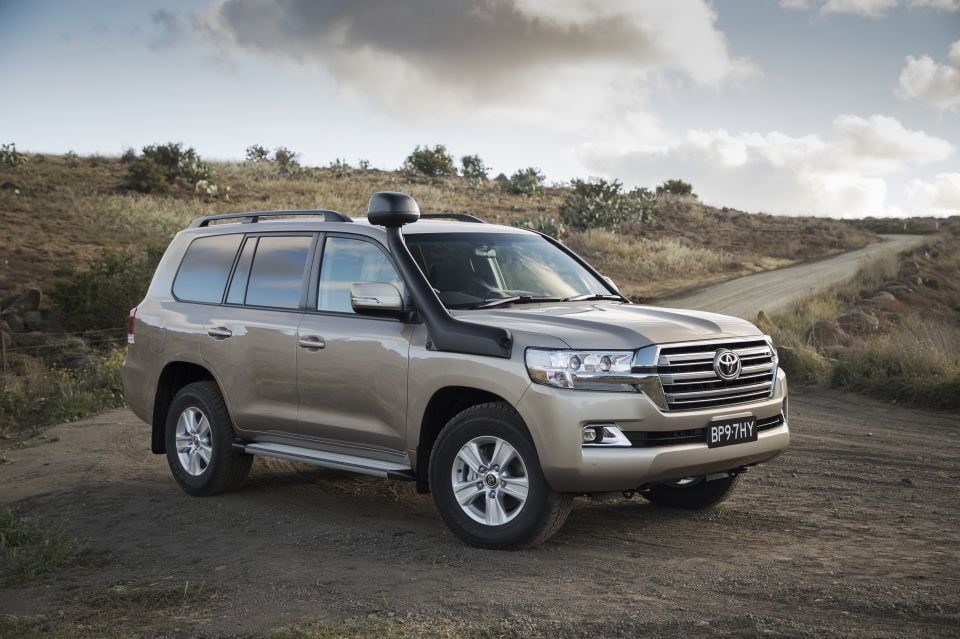
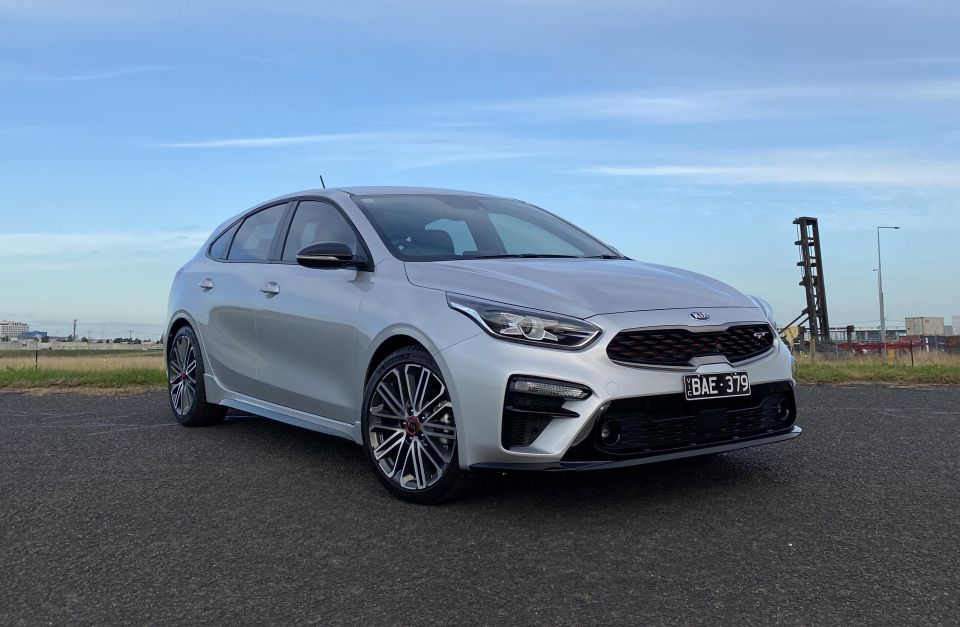
The top-performing vehicle segments by market share were Medium SUVs (20.2 per cent share overall), 4×4 Utes (16.4 per cent), Small SUVs (12.5 per cent), Large SUVs (11.8 per cent), and Small Cars (11.4 per cent). These five segments accounted for more than 70 per cent the total market.
Of the top 20 models, there were three utes (including the top two in HiLux and Ranger), one van/bus (Toyota HiAce), 11 SUVs/4x4s, four small cars, and one mid-size car.
Top 20 models – October 2020
| Model | Sales | Change |
|---|---|---|
| Toyota HiLux | 4444 | +26.4% |
| Ford Ranger | 4217 | +33.4% |
| Toyota RAV4 | 4084 | +91.6% |
| Toyota Prado | 2207 | +45.9% |
| Toyota Corolla | 1943 | -8.2% |
| Isuzu D-Max | 1932 | +51.5% |
| Mazda CX-5 | 1912 | +11.9% |
| Hyundai Tucson | 1678 | -0.9% |
| Toyota LandCruiser wagon | 1640 | +23.8% |
| Kia Cerato | 1619 | -11.4% |
| Hyundai i30 | 1431 | -35.4% |
| Nissan X-Trail | 1283 | -19.4% |
| Subaru Forester | 1274 | +1.8% |
| Mazda 3 | 1273 | -10% |
| Toyota Camry | 1263 | -16.1% |
| Toyota HiAce | 1239 | +44.7% |
| Mazda CX-3 | 1233 | +1.4% |
| Kia Seltos | 1214 | +578.2% |
| Mitsubishi Outlander | 1150 | +35.3% |
| Hyundai Kona | 1130 | -17.3% |
If we delve a little more into segments, we find the top three models for each looks like:
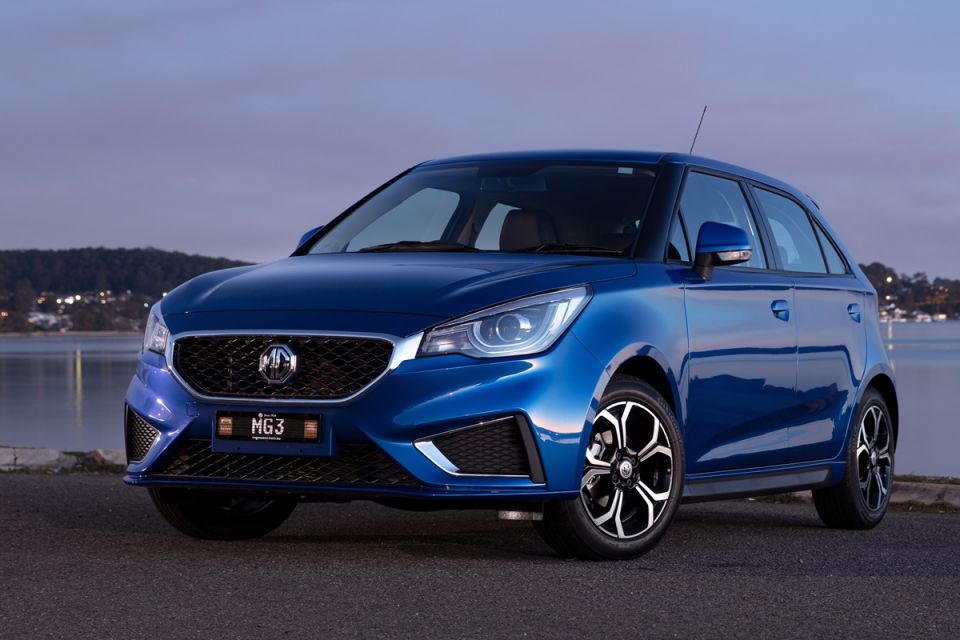
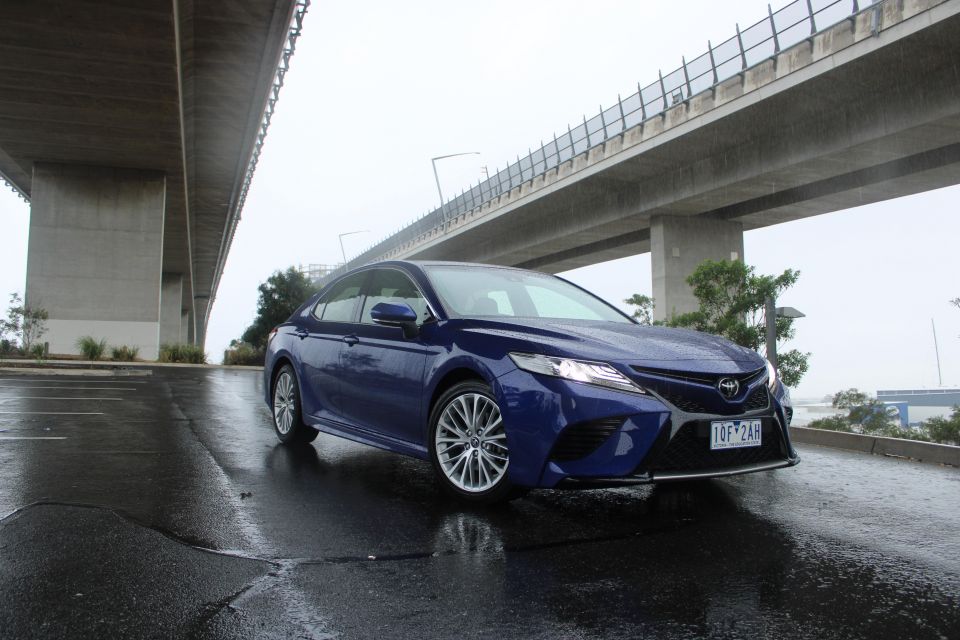
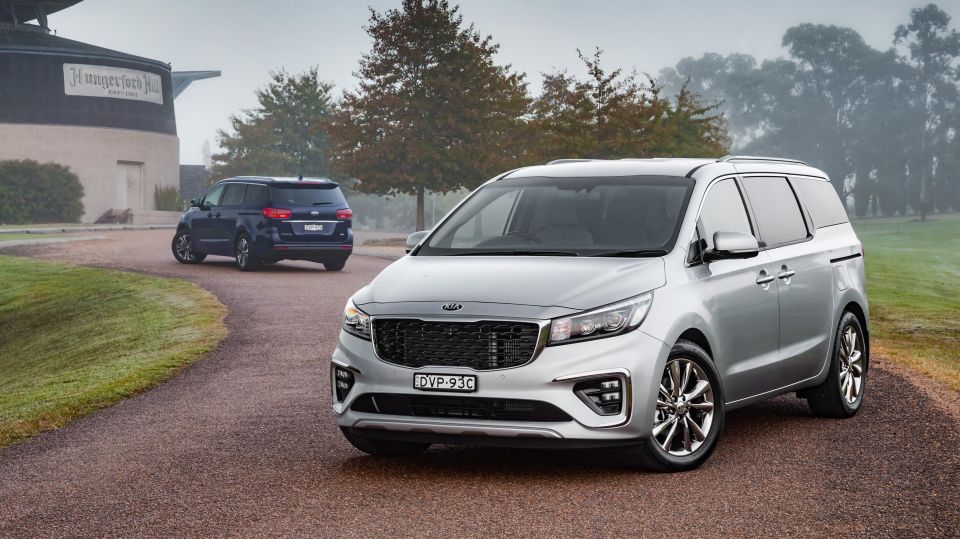
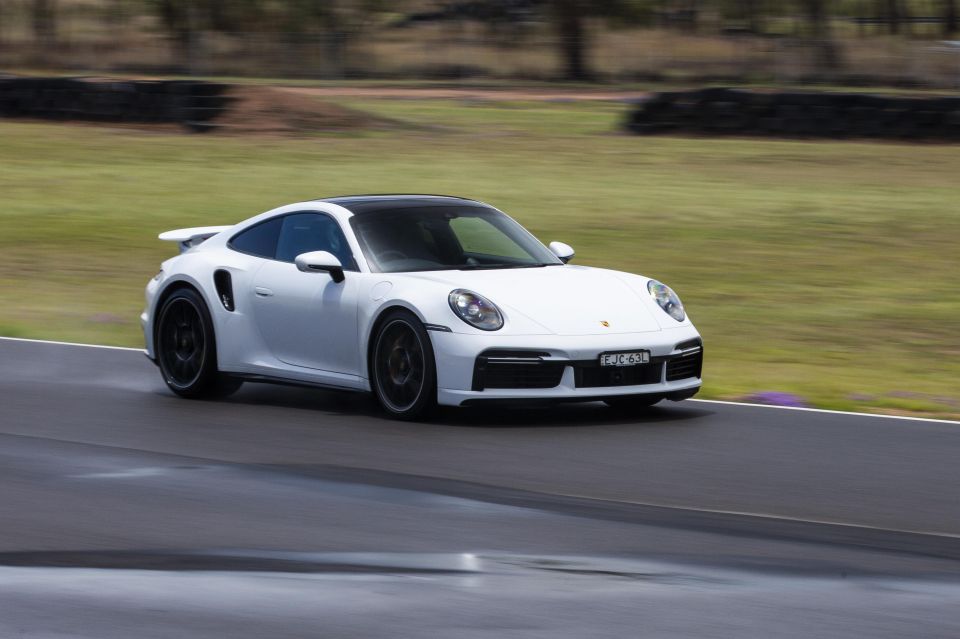
Passenger cars
| Segment | First | Second | Third |
|---|---|---|---|
| Micro | Kia Picanto – 401 | Fiat 500 – 63 | Mitsubishi Mirage – 22 |
| Light < $25k | MG 3 – 872 | Mazda 2 – 424 | Kia Rio – 379 |
| Light > $25k | Mini – 177 | Audi A1 – 36 | Citroen C3 – 2 |
| Small < $40k | Toyota Corolla – 1943 | Kia Cerato – 1619 | Hyundai i30 – 1431 |
| Small > $40k | Mercedes A-Class – 350 | Audi A3 – 338 | BMW 1 Series – 110 |
| Medium < $60k | Toyota Camry – 1263 | Skoda Octavia – 230 | Mazda 6 – 146 |
| Medium > $60k | Mercedes C-Class – 312 | BMW 3 Series – 272 | Mercedes CLA – 172 |
| Large < $70k | Kia Stinger – 137 | Holden Commodore – 81 | Skoda Superb – 30 |
| Large > $70k | Mercedes E-Class – 58 | BMW 5 Series – 48 | Mercedes CLS – 41 |
| Upper Large | Mercedes S-Class – 46 | BMW 7 Series – 9 | BMW 8 Series GC – 7 |
| People Movers | Kia Carnival – 286 | Honda Odyssey – 87 | Hyundai iMax – 73 |
| Sports < $80k | Ford Mustang – 185 | Subaru BRZ – 62 | Hyundai Veloster – 60 |
| Sports > $80k | Mercedes C-Class – 69 | Mercedes E-Class – 52 | Toyota Supra – 20 |
| Sports > $200k | Porsche 911 – 39 | Ferrari range – 22 | Lamborghini 2-drs – 11 |
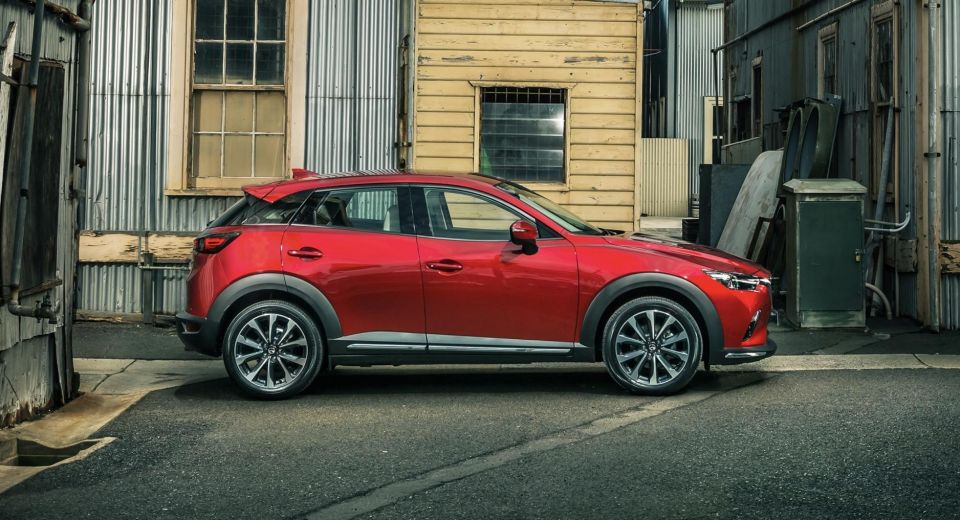
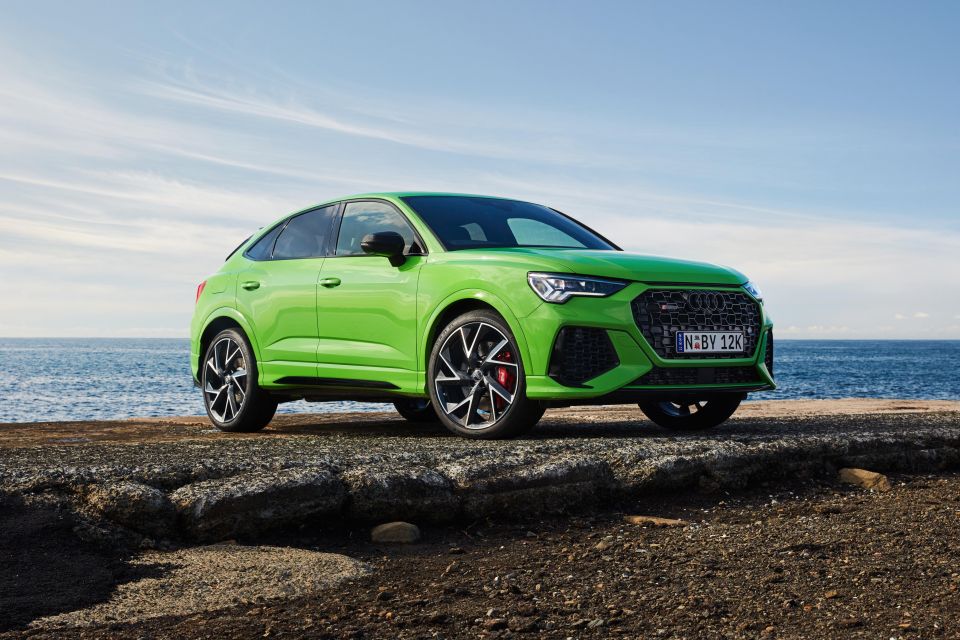
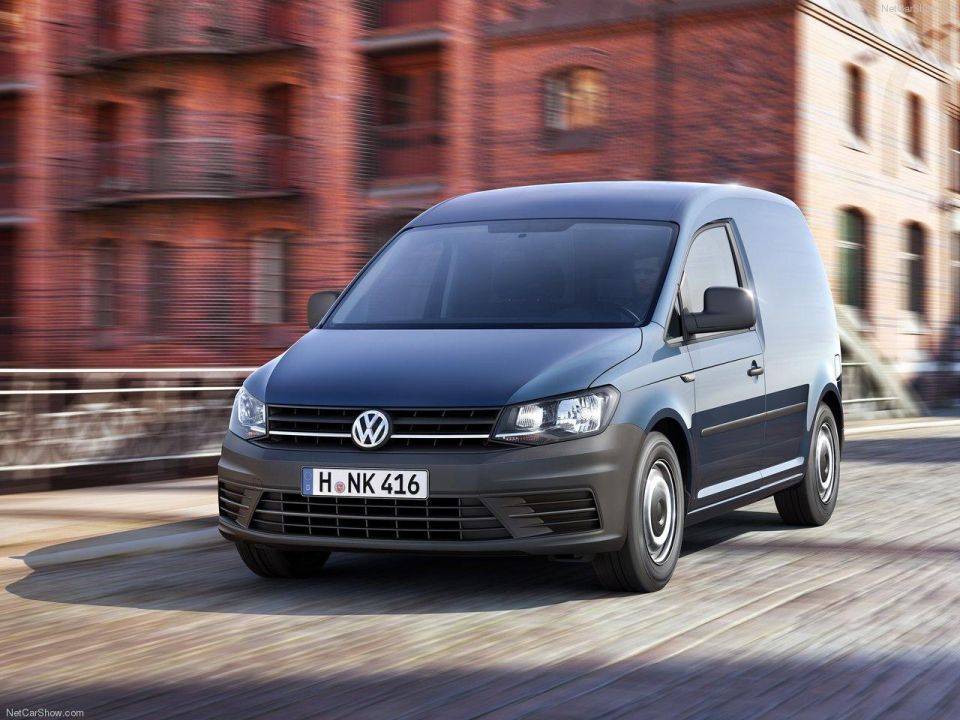
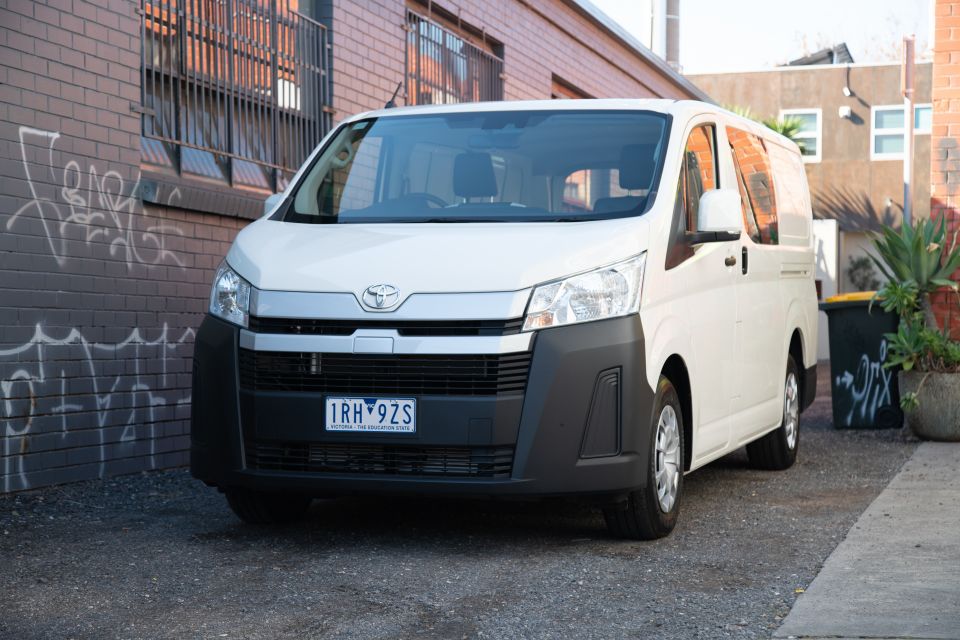
SUVs and LCVs
| Segment | First | Second | Third |
|---|---|---|---|
| Light SUV | Mazda CX-3 – 1233 | Hyundai Venue – 418 | Suzuki Jimny – 372 |
| Small SUV < $40k | Kia Seltos – 1214 | Hyundai Kona – 1130 | Mitsubishi ASX – 1119 |
| Small SUV > $40k | Audi Q3 – 346 | Mercedes GLA- 319 | Volvo XC40 – 273 |
| Medium SUV < $60k | Toyota RAV4 – 4084 | Mazda CX-5 – 1912 | Hyundai Tucson – 1678 |
| Medium SUV > $60k | BMW X3/4 – 539 | Mercedes GLC – 399 | Volvo XC60 – 309 |
| Large SUV < $70k | Toyota Prado – 2207 | Ford Everest – 601 | Mazda CX-9 – 597 |
| Large SUV > $70k | BMW X5/6 – 356 | Mercedes GLE – 261 | Audi Q7 – 136 |
| Upper Large SUV < $100k | Toyota LandCruiser – 1640 | Nissan Patrol – 373 | |
| Upper Large SUV > $100k | BMW X7 – 65 | Land Rover Discovery – 51 | Mercedes GLS – 49 |
| Light buses | Toyota HiAce – 190 | Iveco Daily – 5 | Mercedes Sprinter – 3 |
| Vans < 2.5t | Volkswagen Caddy – 174 | Renault Kangoo – 25 | Peugeot Partner – 19 |
| Vans 2.5t – 3.5t | Toyota HiAce – 1049 | Hyundai iLoad – 649 | LDV G10 – 264 |
| Vans + 3.5t | Mercedes Sprinter – 167 | Volkswagen Crafter – 153 | Renault Master – 130 |
| 4×2 Utes | Toyota HiLux – 1038 | Isuzu D-Max – 602 | Ford Ranger – 409 |
| 4×4 Utes | Ford Ranger – 3808 | Toyota HiLux – 3406 | Isuzu D-Max – 1330 |
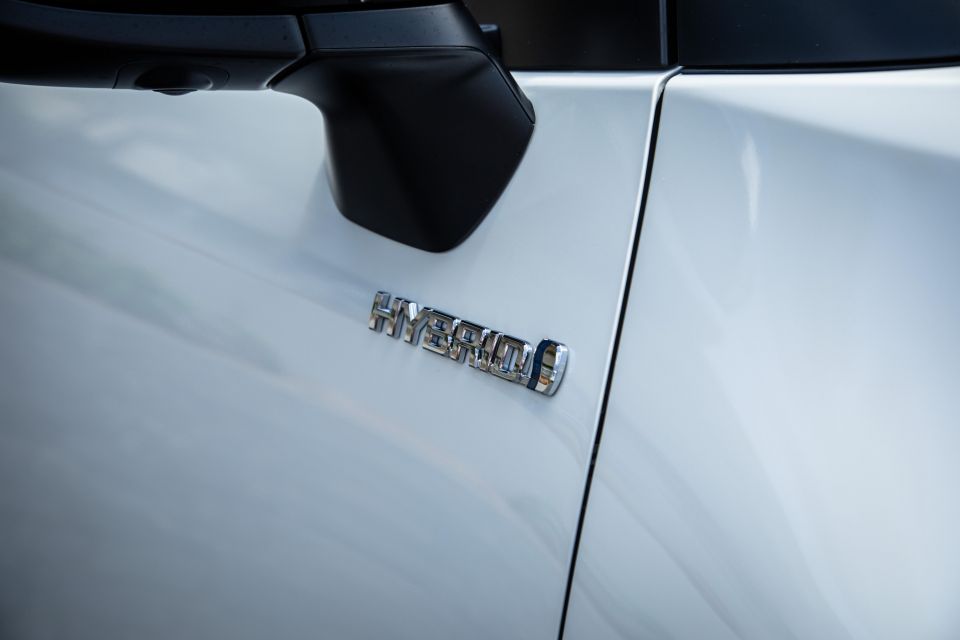
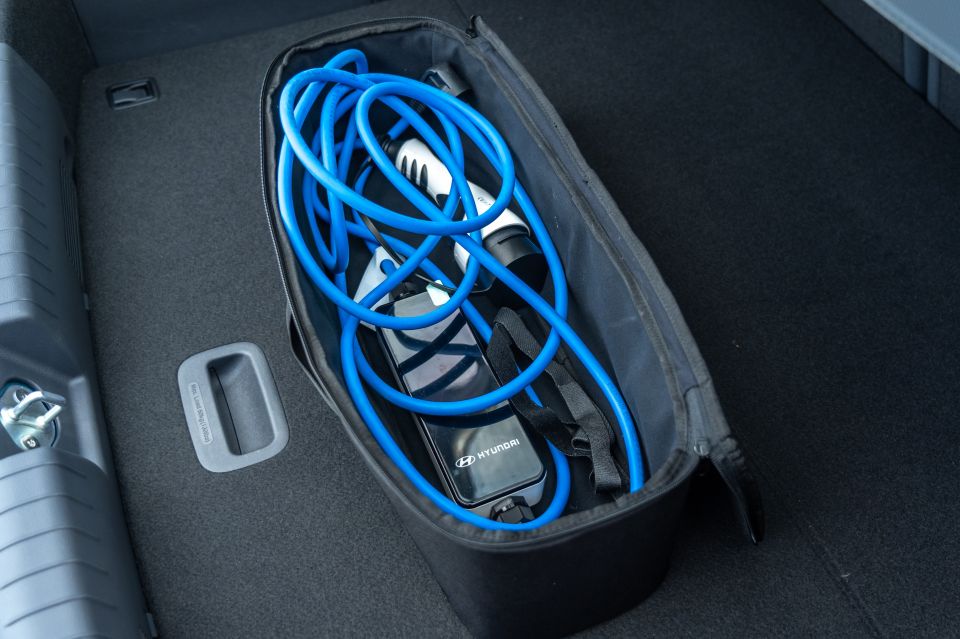
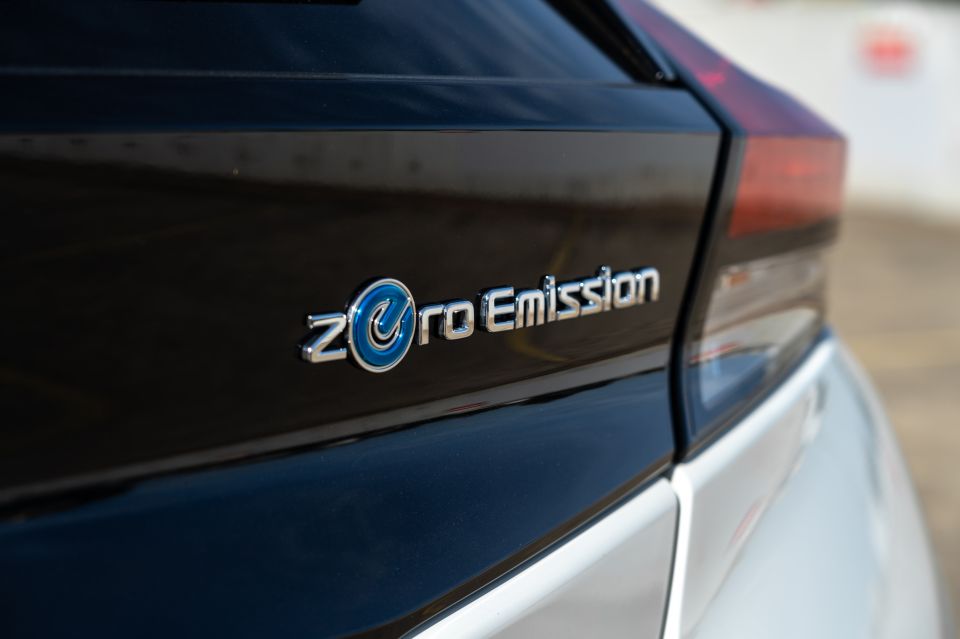
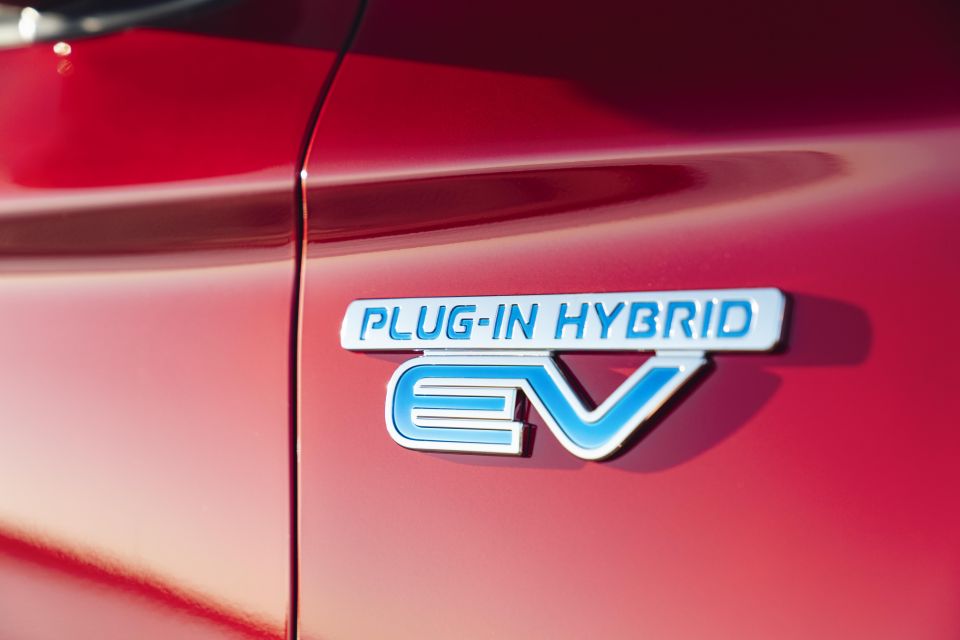
It was private buyers driving the sales improvement, with units counted in this sector up 10 per cent. Business fleet sales fell 3.0 per cent, government fleet sales fell 6.5 per cent, and rental car sales fell 58.2 per cent.
There were 44,735 petrol vehicles and 27,244 diesel vehicles sold. Hybrid cars (5801) grew by 111 per cent, electric vehicles (186) grew 5.1 per cent – note, this figure excludes Tesla which does not disclose its sales data – and plug-in hybrids grew 104.1 per cent to 200 units.
“After a very challenging year, we are seeing ‘green shoots’ in the Australian new vehicle market,” said FCAI CEO Tony Weber.
“Every state and territory except Victoria and Tasmania have seen significant growth and, given the circumstances, Victoria’s result is seen as encouraging.”

“These results mark the 31st month of decreasing sales for the industry, which has experienced a series of financial and market challenges during the period,” Weber continued.
“However, the green shoots that we are seeing in October give us great hope that we may begin to see further recovery during the coming months.”
“Nationally, the state of industry operations is returning to normal as COVID-19 restrictions ease. Additionally, Government initiatives such as a constructive budget that included the instant asset write off, along with more accessible finance for consumers, is also acting as a welcome stimulus for the industry.”
“Electrified vehicles also experienced a surge during the month, more than doubling in their total sales compared to October 2019. This shows that Australian consumers are willing to explore new drive train technologies.”
MORE: Check our our archive of VFACTS and industry sales content
If you have any questions – perhaps you want to know how your car did – ask in the comments and a member of the CarExpert team will respond.


Andrew Maclean
4 Days Ago
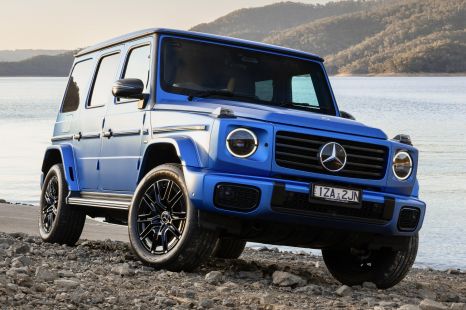

Max Davies
3 Days Ago
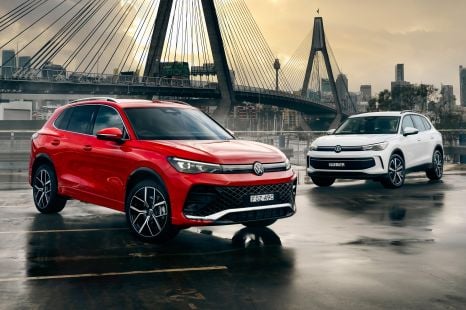

Max Davies
3 Days Ago
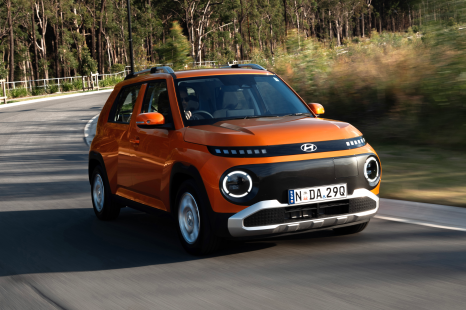

Josh Nevett
3 Days Ago
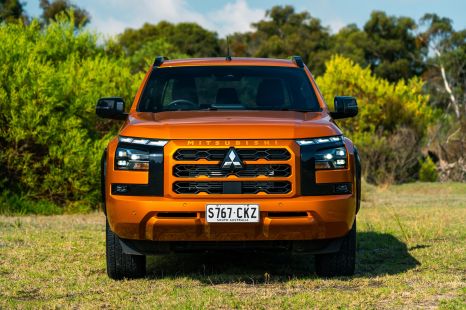

William Stopford
2 Days Ago
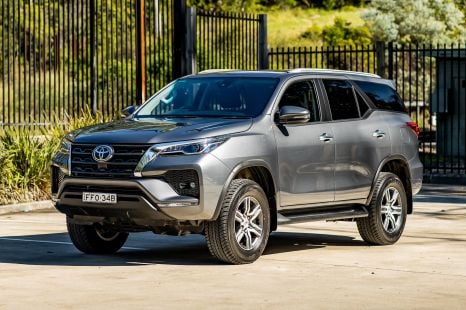

Matt Campbell
2 Days Ago